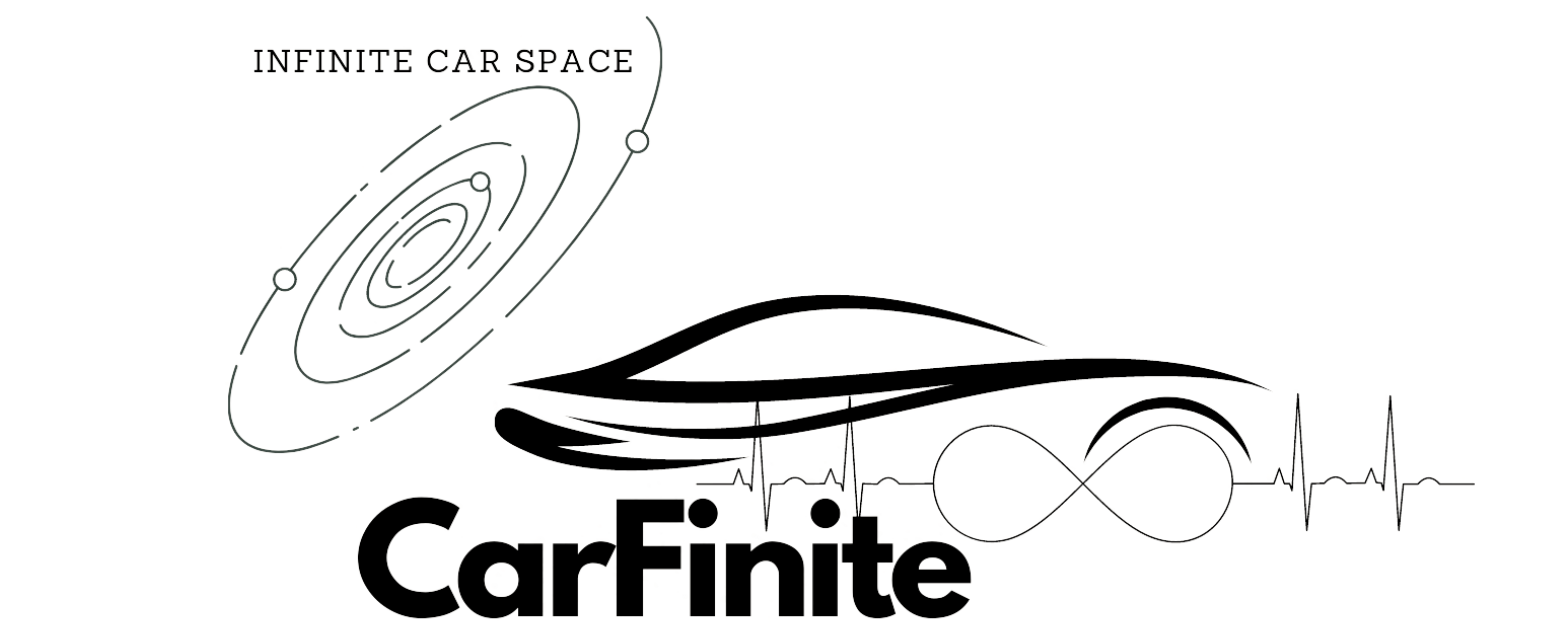If you’re a Ford Mustang owner who has experienced hesitation or stalling followed by the check engine light coming on, you’re not alone. This is a common issue that can be caused by a variety of factors, ranging from simple to complex.
Problem Explanation
The check engine light coming on after hesitation or stalling in a Ford Mustang can indicate various issues, ranging from simple to complex. Common causes include a loose gas cap, bad fuel pump, clogged fuel filter, failed mass air flow sensor, vacuum leak, worn spark plugs/wires, failed ignition coil, or even a more serious problem like a worn out catalytic converter. Pinpointing the exact cause requires methodically diagnosing each component through visual inspection and testing with a scan tool or voltage meter.
Diagnostic Procedures
- Thoroughly inspect engine bay for any loose connections, damaged wires, or vacuum leaks
- Check for trouble codes with an OBD2 scanner to narrow down potential issues
- Test fuel pressure with a gauge to check for bad fuel pump/filter if codes indicate fuel system problem
- Conduct spark test to check for bad ignition components if codes point to ignition failure
- Test sensors like mass air flow with a voltmeter if codes suggest sensor malfunction
- Perform visual inspection of spark plugs/wires for damage indicating wear
- Check catalytic converter for physical damage if exhaust backpressure is suspected
The key tools needed are an OBD2 code scanner, voltmeter, fuel pressure gauge, spark tester, and wiring diagrams during diagnosis. Mechanic’s inspection tools like mirrors and flashlights are also essential.
Repair Solutions
The specific repair solution depends on the underlying cause found during diagnosis. Replacing a loose gas cap is quick and cheap. A failed fuel pump or oxygen sensor is more involved and requires removal/replacement of the component. Exhaust leaks may need welded patches. Worn spark plugs/wires just need replacement. And a damaged catalytic converter needs to be replaced completely.
So in summary:
- Tighten/replace gas cap
- Replace fuel pump/filter
- Patch vacuum leaks
- Replace spark plugs/wires
- Replace oxygen sensor
- Replace ignition coil
- Replace catalytic converter
The component needing repair or replacement will be indicated by diagnostic trouble codes and testing performed.
Ford Mustang Model Years Potentially Impacted
The check engine light hesitation/stalling issue has been reported in various Ford Mustang models across many model years, but is most frequently reported in:
- 2005-2009 Ford Mustang GT
- 2010-2014 Ford Mustang V6
- 2015-2017 Ford Mustang EcoBoost
Vehicle Components Potentially Affected
- Oxygen Sensors
- Mass Airflow Sensor
- Fuel Pump
- Fuel Filter
- Spark Plugs
- Spark Plug Wires
- Ignition Coils
- Catalytic Converter
Cost of repairing
Costs vary considerably depending on exact failed part:
- Gas cap tightening/replacement – $20-50
- Spark plugs/wires – $100-200
- Oxygen sensor – $100-300
- Fuel pump – $300-600
- Catalytic converter – $800-2500
So simple issues like loose gas cap are cheap fixes, while catalytic converter replacement is quite expensive. Proper diagnosis is key before throwing parts at the problem.

John Smith, a Los Angeles-based car specialist and automotive writer, boasts over 20 years in the industry. With a background as a master technician and a decade-long writing stint at notable automotive publications, John now shares his expansive knowledge on CarFinite, simplifying car maintenance for readers.

